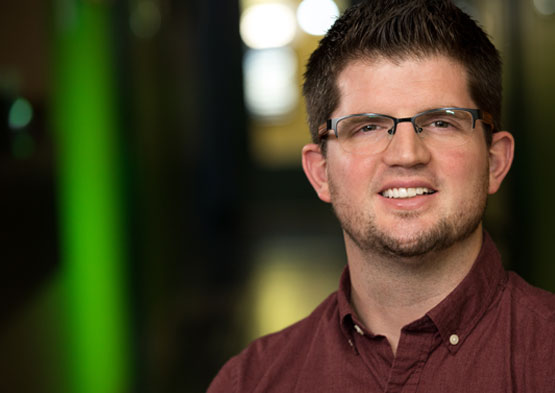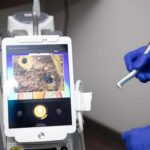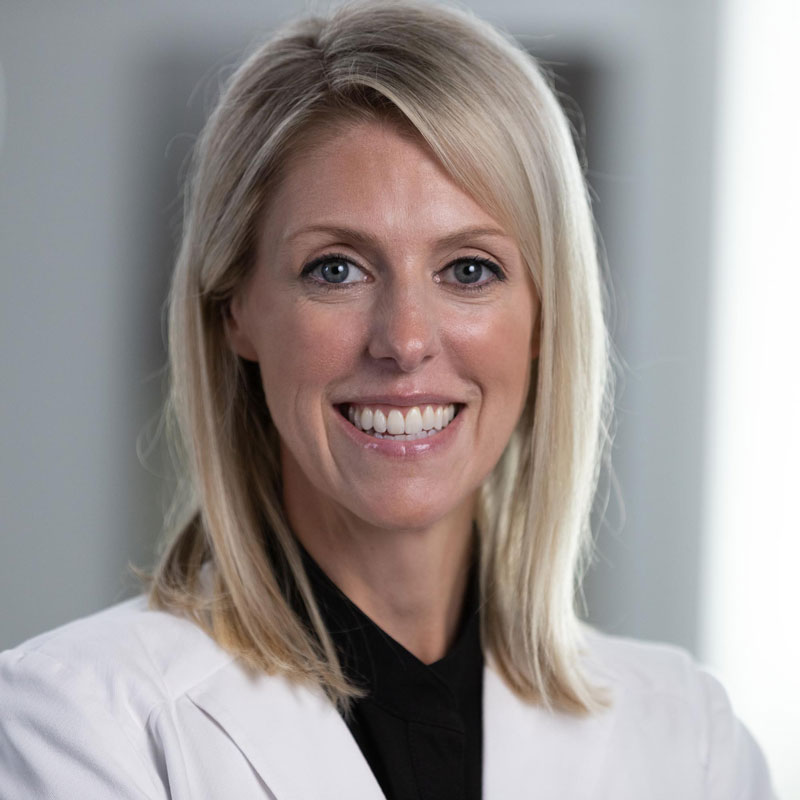Medications can cause problems in your mouth that may affect the gingiva (gums) and underlying structures of your teeth. This is called “drug induced gingival overgrowth” and can be caused by medications used to treat three conditions.
Hypertension (high blood pressure) patients taking calcium channel blockers (Amlodipine, Verapamil, etc)
Epilepsy (seizure) patients taking anticonvulsant medications (i.e. Phenytoin, Levetiracetam, etc.).
Medically compromised patients taking immunosuppressants (i.e. cyclosporine, azathioprine, etc.) for a variety of health issues.
Patients taking these medications are at a higher risk for gingival (gum) enlargement where tissues grow due to improper collagen metabolism. This can cause a variety of problems including periodontal diseases (gingivitis and periodontitis), caries (cavities), and other infections. Not all people on these medications develop problems, however, a screening with your periodontist will clarify your unique situation. If gingival overgrowth is detected by your periodontist and is negatively affecting your oral health, your periodontist will work with your primary care doctor to alter the medication dose or possibly switch your medication if medically safe. There are serious health implications associated with terminating these medications and it is not advisable to alter your regimen without discussing your situation with your periodontist and primary doctor. Ask Dr. Anderson if you feel you are having issues with your medication.
Periodontal Patient Case Study
Above, before (left) and 3 months after (right) treatment with Dr. Anderson.
Meet JK a 51 year old female with epilepsy (seizures) and type 2 diabetes. She was diagnosed with epilepsy at 8 years of age and has been managed with Phenotyin since then. Her seizures have been controlled, however, she has suffered with gingival overgrowth due to this medication and subsequently developed severe periodontal disease and caries (cavities) due to her enlarged gingiva. JK was uncomfortable with her smile since her 20’s did not know her appearance was caused by her medication. Dr. Anderson worked with her primary care doctor to find another effective seizure medication that does not affect her gums and removed excess gingiva to reveal her teeth under her gums. JK has now been treated and is now confident smiling!





